Zhang Youxia, Vice Chairman of the Central Military Commission of the Communist Party of China, remarked that Xi's faction has been entirely apprehended. (Video screenshot)
[People News] The Chinese Communist Party (CCP)—a regime seized by violence and sustained through struggle—has reached the end of its destiny. At the dawn of 2025, the heavens presented ominous signs: fire meteors streaked across the night sky, auroras moved southward, like divine warnings inscribed in the sky, reminiscent of portents before a dynasty’s collapse. Xi Jinping, once a powerful iron-fisted autocrat, is now like a trapped beast, still posing as emperor, yet merely dragging on his rule through the machinery of the state. But beneath this illusion of prosperity, popular rage is quietly boiling, and within the halls of power, danger lurks on every side. Though he still appears invincible, Xi can hardly move a step without peril.
Now, all under heaven are wondering: who will be the “heaven-ordained one” to bring this era to an end? Nearly all eyes are turning to a silent, reserved, and sharply edged figure within the military—Zhang Youxia. A descendant of a bloodline of iron-willed generals, he has commanded troops for years and is no longer just a figurehead. The struggle between him and Xi Jinping is no longer mere power politics—it has become a fateful clash of destiny, like a prewritten drama etched into the wheel of history.
I. Ties of the Past: A Fateful Convergence, A Divergence of Paths
In early 1947, during the Kuomintang’s offensive into northern Shaanxi, the CCP formed the Northwest Field Army. Zhang Zongxun (Zhang Youxia’s father) served as First Deputy Commander and Commander of the First Column, while Xi Zhongxun (Xi Jinping’s father) became the Political Commissar. During the Battle of Xihuachi, they cooperated in a joint victory, laying the foundation of their “family friendship.”
Though both were on the Northwest front, Mao Zedong’s evaluations of the two were vastly different. He once praised Xi Zhongxun as “extremely intelligent, a master of his craft,” while saying of Zhang Zongxun, “Your strength is your steadiness and integrity; your weakness is your inability to be forceful when needed.” A short remark, but one with prophetic weight: one man cunning and smooth, the other upright but stiff—thus diverged the paths of their destinies.
During the Cultural Revolution, Zhang Zongxun repeatedly “stood on the wrong side”: first aligning with Lin Biao (who died in a plane crash), then the Gang of Four (who were later overthrown). Eventually, Deng Xiaoping persuaded him to retire under the pretence of “resting due to illness.” In contrast, Xi Zhongxun, though demoted to Luoyang, made a comeback thanks to his political agility, becoming Party Secretary of Guangdong and sounding the trumpet for reform and opening.
The successes and failures of their fathers shaped their sons’ mindsets and perceptions. It’s easy to imagine that a young Xi Jinping always looked down on Zhang Zongxun’s son, Zhang Youxia—a reflection of human nature. This likely explains why, once in power, Xi dared to appoint Zhang as Vice Chairman of the Central Military Commission—because he never truly feared him.
But the mechanisms of fate and power run deeper than family grudges. Intelligence, emotional savvy, and the pull of destiny are not inherited from one's father but governed by forces divine.
Zhang Zongxun once oversaw the PLA’s logistics, which included weapons and equipment. In 2012, Zhang Youxia took over from Chang Wanquan as head of the General Armaments Department and later led the CMC Equipment Development Department—a true heir to his father’s legacy.
The predecessor to the Rocket Force, the Second Artillery Corps, was long a “kingdom within a kingdom” in the PLA. Zhang Youxia controlled the equipment system—equipment, missiles, Second Artillery—in effect holding the strategic deterrent capability of the military in his hands.
This connection makes Zhang not merely a sword in Xi’s hand, but a potential wildcard in the redistribution of military power. The gears of fate are quietly turning.
On September 17, 2023, The Epoch Times reported that Li Shangfu was under investigation, and that Zhang Youxia and his family had been detained. Two days earlier, a major political education session had been held, and only three figures appeared on the podium in the CCTV broadcast: CMC Vice Chairman He Weidong, CMC member Miao Hua, and Zhang Shengmin. Zhang Youxia, Liu Zhenli, and Li Shangfu were all missing.
This wasn’t Xi’s first time purging the “red second generation.”
II. Marginalising the “Red Second Generation”: Xi’s Reshaping of Power
Since Xi Jinping took power in 2012, the structure of political authority in China has undergone dramatic changes. Many of the CCP’s “red princelings” have been gradually sidelined or purged, drawing intense public scrutiny.
1. Bo Xilai: The Fall That Sparked the Purge
Before Xi consolidated power, former Chongqing Party Secretary Bo Xilai, who had ambitions of his own, was swiftly eliminated after the Wang Lijun incident and a corruption investigation. In 2012, he was sentenced to life imprisonment—a sign that Xi would use purges to remove rivals and assert control.
2. Liu Yuan: The Anti-Corruption Hero Who Silently Withdrew
General Liu Yuan, son of Liu Shaoqi, once held great influence in the military. As a political commissar in the PLA’s logistics system, he helped investigate corruption cases like that of Gu Junshan.
Though many expected him to join the CMC after the 18th Party Congress, he instead retired early in 2015, moving to the NPC and fading from public life.
3. Liu Yazhou: The “Scholar General” Who Disappeared
General Liu Yazhou, son-in-law of Li Xiannian, was once a liberal voice in the military and a proponent of reform. He was abruptly retired in 2017 and has reportedly been missing since 2021. By 2023, some overseas sources claimed he had been “internally dealt with,” though the regime has remained silent.
All three were “red princelings”. Though officially removed for corruption, their bloodlines and influence made them potential threats to Xi’s rule. After the 20th Party Congress, attention turned to Zhang Youxia, whose military connections posed an even greater danger.
4. Zhang Youxia: From Vice Chairman to Rocket Force Fallout
Since 2023, multiple Rocket Force leaders have fallen, including Commander Li Yuchao and Deputy Commander Wu Guohua, shining a light on systemic corruption in military procurement. According to overseas sources, He Weidong aimed to take down Zhang to earn credit. Zhang, who oversaw missile armament for years, was bound to be implicated. He also reportedly opposed Xi’s plan to invade Taiwan. According to a report from the China Aerospace Studies Institute (CASI) titled “Checking in on Modernisation and Reforms in the PLA”, Zhang believed Xi’s military reforms were inadequate and incapable of enabling an invasion of Taiwan by 2027. If that’s true in 2025, then it was even more so in 2023.
Blogger Simaku claimed that He Weidong leaked Rocket Force intelligence to the U.S., including missile deployment and military secrets totalling over 200 pages. The CCP suspected a mole, triggering a sweeping purge of the Rocket Force—an opportunity He seized. Why is invading Taiwan so critical? Because Xi’s legitimacy to continue ruling rests on it. If someone opposes the Taiwan invasion, they’re seen as opposing Xi’s authority.
Thus, after Li Shangfu’s downfall, rumours spread that Zhang Youxia was “under investigation” or “under house arrest,” though no official statement was made. But given the string of purges among his subordinates, it is unlikely he’s untouched.
III. Zhang Youxia’s Counterattack? The Fall of Miao Hua and a Power Shift
On November 28, 2023, the CCP confirmed that Miao Hua, Director of the CMC Political Work Department, had been suspended for “serious disciplinary violations.” Analysts saw this as a turning point in the military power struggle, raising questions about internal personnel dynamics and Taiwan's war readiness.
Miao Hua controlled military personnel and internal intelligence. Anti-corruption operations have long relied on this intelligence. Now, with Miao under investigation and Zhang Youxia seemingly unscathed, some interpret this as Zhang’s counterstrike.
After Miao was taken down, high-ranking officers involved in Taiwan operations—He Weidong, He Hongjun, Lin Xiangyang, Wang Houbin, Wang Xiubin, and key figures from the 31st Group Army—were purged en masse. This was likely not what Xi wanted.
Xi appears to have gone easy on Miao. The CCP has four levels of cadre punishment: 1. Minor infractions – criticism or education. 2. Ordinary infractions – suspension. 3. Serious – dismissal or demotion. 4. Severe violations + lawbreaking – expulsion and criminal prosecution. Miao was found guilty of “serious disciplinary violations” but only suspended—and the investigation was led by the Party Central, not the CMC. That suggests leniency.
Xi likely wants to protect He Weidong’s faction to retain the capability to invade Taiwan. But with the 31st Army compromised, even if he protects them, their ability to act is diminished. The “Taiwan invasion” is no longer a top priority—political survival and factional balance are.
Now, He Weidong is confirmed to be in trouble, but there’s no official announcement. Is Xi still trying to shield him? Can he succeed?
Zhang Youxia, scorned by Xi for both the Rocket Force scandal and for opposing war with Taiwan—what will he do now? At this point, it’s a final duel between Xi and Zhang. Who will emerge victorious? That remains to be seen.
Some netizens say, “If Xi wanted to take Zhang down, he would have done it in 2023.” That’s naive. Whether or not Zhang is guilty, Xi cannot allow him to remain. Even if Xi promised not to touch Zhang, Zhang wouldn’t believe him. The moment Xi had Hu Jintao forcibly removed from the 20th Party Congress, he lost the trust of everyone around him.
Additionally, observers have noted Xi Jinping’s unusually rare public appearances, with his wife Peng Liyuan absent from key events. There is growing speculation about the safety of his daughter Xi Mingze. Is Xi’s own security at risk?
The “red second generation”—once a symbol of revolutionary legitimacy and elite political clout—are losing their place in the new power structure. Some step down voluntarily, others fade silently, and some are dragged down by investigations. Their collective exit is both a fate and a wish fulfilled by Xi. Now, Zhang Youxia stands alone as the last red princeling capable of challenging Xi.
At 73 (in Chinese lunar years), Xi is approaching a superstitious age of misfortune—73 and 84 are considered ill-fated years for elders. Rumors of Xi’s loss of power are escalating. A recent leaked Russian intelligence brief claims Xi suffers from frequent strokes and heart attacks. Doctors reportedly warned that continuing to work could cause him to collapse publicly. It’s rumored that a new top leadership group has formed in Zhongnanhai, led by Wen Jiabao and Zhang Youxia.
On June 9, Chinese political commentator Qin Peng stated in a video that Wen and Zhang represent the last power-holders of the old CCP system, and perhaps the architects of China’s transitional future. Their role, he said, cannot rely on past Party logic, but must embrace a civilizational transformation. The CCP system is a monstrous dragon—unless it is slain, any “dragon slayer” will become the next monster. If they have the courage to take the first breakaway step, they may win not only a future for the country, but honour for themselves.
To China’s new leadership: Are you willing to be the last guardians of the CCP, or the ones who open the heart of the Chinese nation?
(First published by People News)


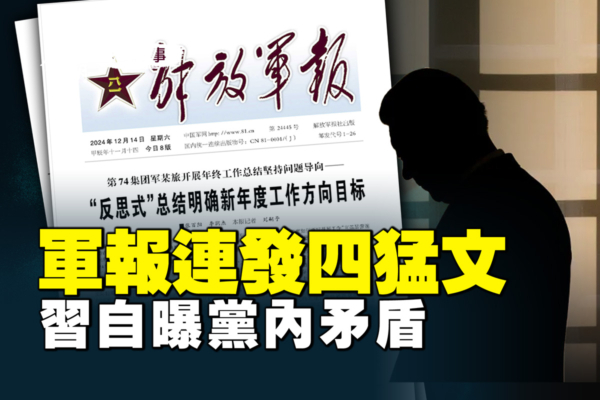
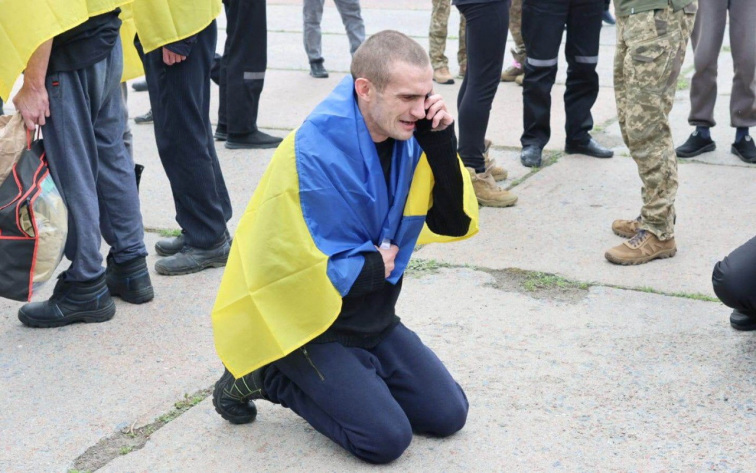
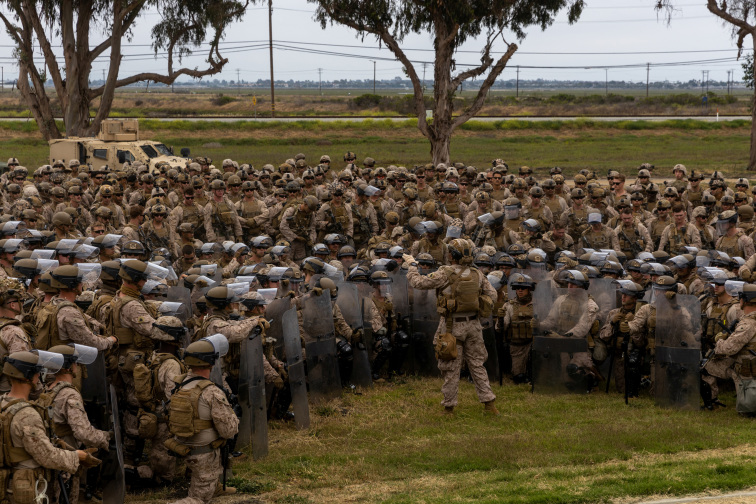

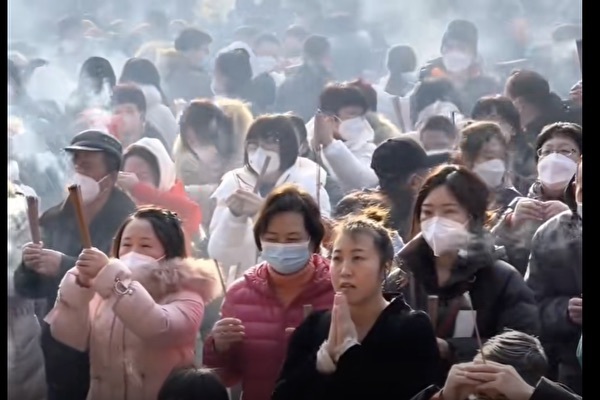

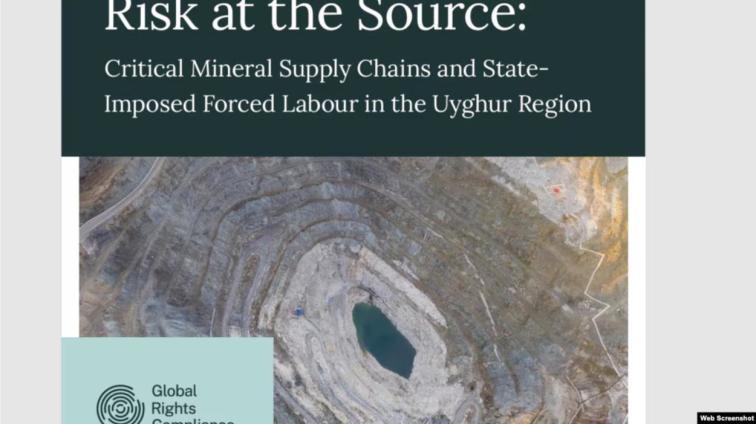


News magazine bootstrap themes!
I like this themes, fast loading and look profesional
Thank you Carlos!
You're welcome!
Please support me with give positive rating!
Yes Sure!